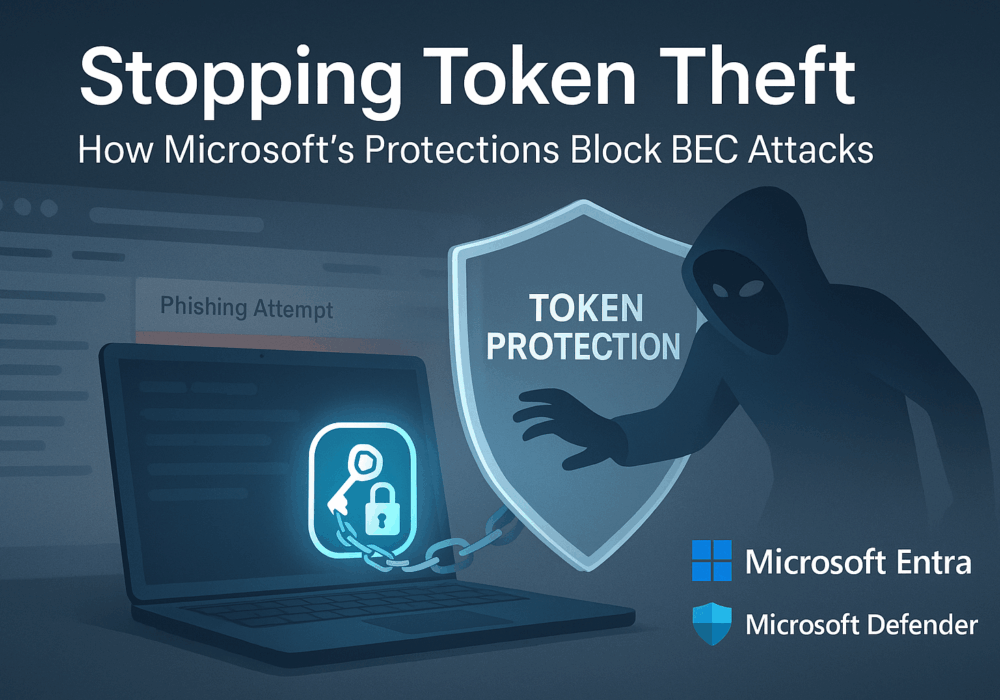
Computer Network Defense is the actions taken to defend against unauthorized activity within computer networks. Some examples of network defenses are firewalls, demilitarized zones (DMZs), Virtual Private Networks (VPNs), and vulnerability scanners.
SMBs are most certainly are at risk to everyday hackers. Hackers breach Small to Medium Sized businesses 15x more often than larger firms. Hackers know this and target you because of it. SMB’s generally lack resources to properly secure systems, fail to train employees on cybersecurity hygiene, and sometimes lack proper security tools.
For these reasons, CyberHoot recommends all SMB’s take these actions:
Train employees on how to spot and delete phishing emails. Here’s a free video to help with this: How to Protect Yourself from Phishing Attacks.
Taking these proactive measures can reduce your risk of a costly breach, downtime, brand damage, and a cyber insurance claim (or all four).
Source: CNSSI 4009
Discover and share the latest cybersecurity trends, tips and best practices – alongside new threats to watch out for.

For years, organizations have relied on fake email phishing simulations to measure employee resilience to...
Read more
Welcome to our two-part blog series on Microsoft’s new email security enhancement now included in Office 365 P1...
Read more
"Being an MSP today is like wearing a neon sign that says, ‘Hack me! I’m the gateway to 100...
Read moreGet sharper eyes on human risks, with the positive approach that beats traditional phish testing.
